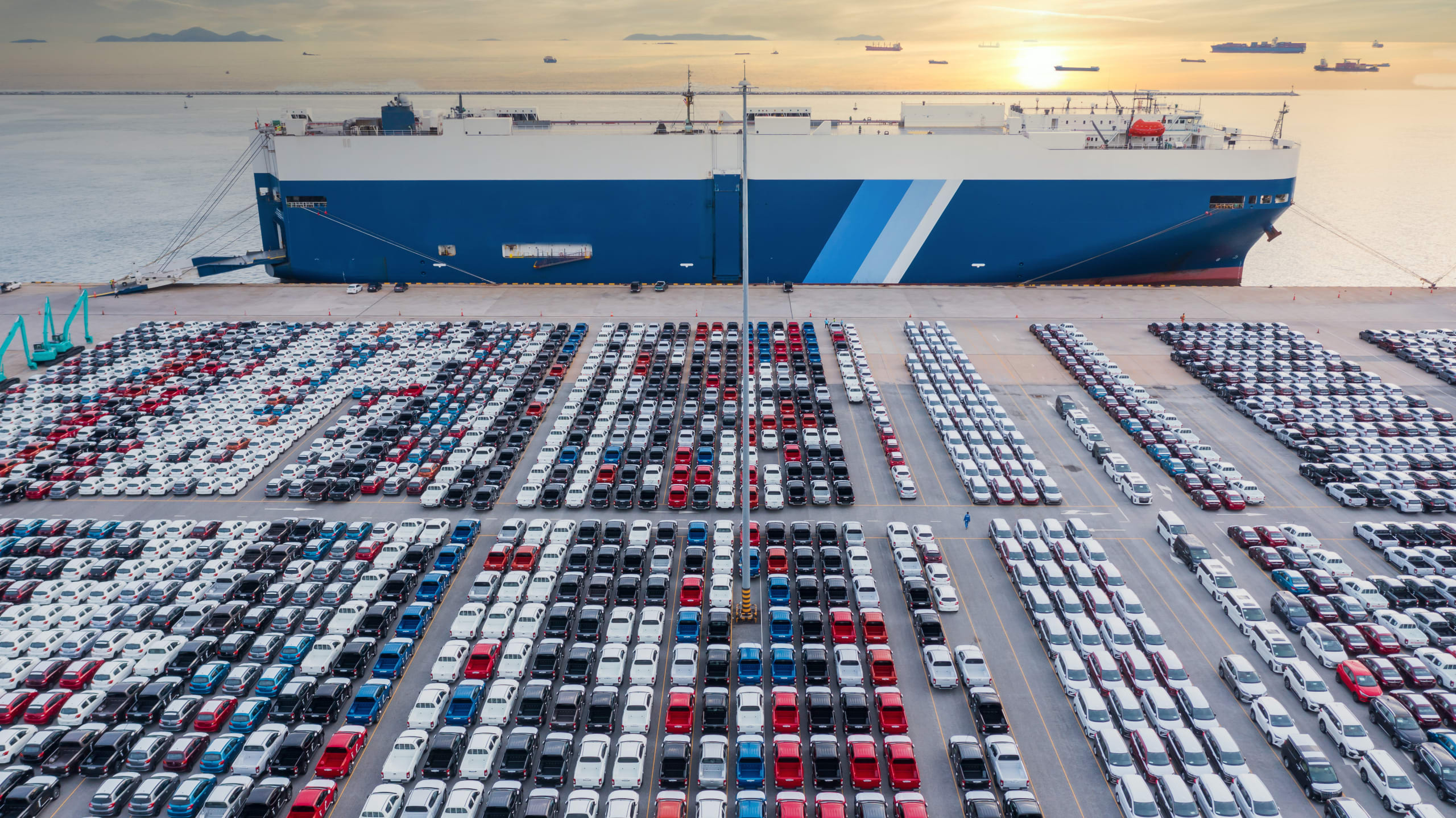BYD has responded to Chinese domestic media reports that the company has completed its first ship orders. The company has leased two pure car and truck carriers (PCTC) (ro-ro) from a shipyard in Yantai, Shandong, with delivery expected next year. Additionally, BYD confirmed that it is purchasing ships to aid global exports of its vehicles.
The First Ship
The first of the two leased PCTCs, EXPLORER 1, recently completed an inaugural seven-day voyage in and around the waters of Shandong Province. The EXPLORER 1 will be the first of a number of ships making up BYD’s logistics fleet.
In December 2022, BYD and China Merchant’s Group signed an order for four PCTCs, each with a capacity of 9,400 Car-Equivalent Units (CEUs). The China Merchants Industry’s Nanjing Jinling and the China Merchants Bureau will each build two ships. The order cost approximately USD400 million, with the first deliveries expected from 2025. In the same month BYD expanded its business scope to include international ship management, port tallying, port cargo handling, non-vessel operating common carrier (NVOCC), and international shipping agency.
In January 2023, BYD signed a contract with the Guangzhou Shipyard International Company (GSI), a subsidiary of the China State Shipbuilding Corporation, for the construction of two PCTCs, each with a capacity of 7,000 CEUs. In June 2023, BYD and China Merchants Group signed a strategic cooperation framework agreement to work together in the new energy vehicle supply chain. This was followed in August 2023, by Deltamarin announcing that BYD had ordered four 9,200 CEUs Deltamarin PCTCs through the China Merchant’s Group. The first vessel is scheduled for delivery in 2025. In November, BYD and GSI held a commencement ceremony for the first construction day of BYD’s ships.
A Dominant Car Exporter
Considering these orders BYD will soon own and operate ten PCTCs with a combined capacity of 88,400 CEU. In addition to the two recently announced lease ships from Yantai, Shandong that are expected to each have 7,700 CEU capacity BYDs total export capacity will be circa 103,800 units. In the year-to-date BYD exports reached 206,670 units across 58 countries, making it China’s second largest EV exporter.
Rho’s Evaluation
The availability of ro-ro vessels has for the last few years increasingly been a limiting factor for the number of car exports. The ability to secure ro-ro capacity is indicative of a company’s success abroad. With the industry being so tight and expected to continue to be so, many auto makers have looked at purchasing their own ships or developing joint ventures with logistics companies. SAIC, Hyundai and Toyota are amongst other OEMs that operate their own shipping fleets. BYD has already begun to dominate the Chinese EV market, and is now looking further afield to Europe, South Asia and the America’s to expand its business. Considering the shipping market, BYD’s entrance into the logistics industry strategically aligns with its business ambitions.
More Information
For more information on how our research can support you, get in touch.
Image credit: Adobe Stock
Sources: Sohu

 Back to News
Back to News